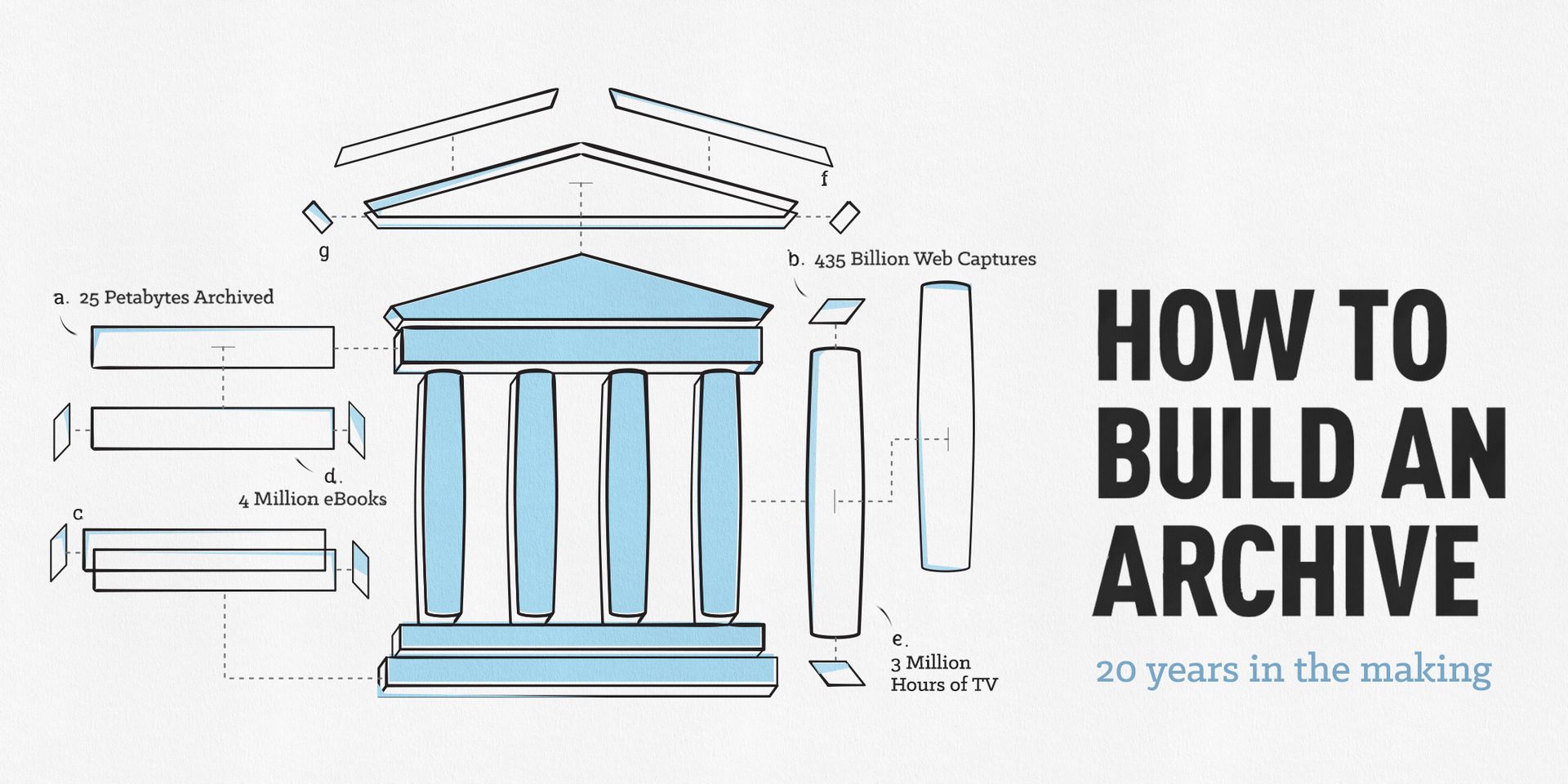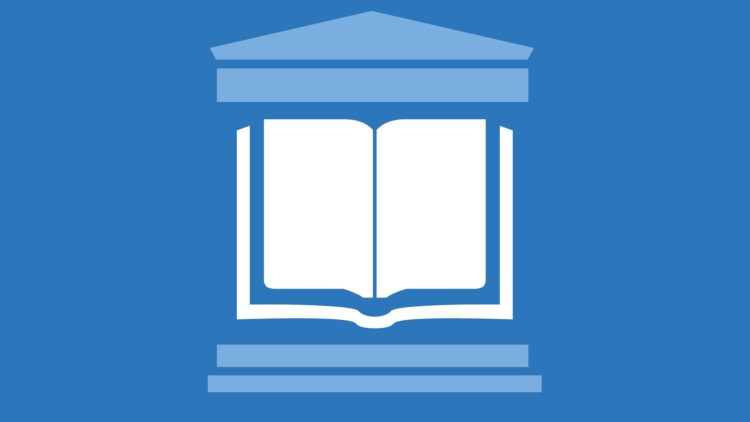The Internet Archive (IA), a non-profit digital library committed to preserving vast amounts of online content, has been locked in a protracted legal struggle with a coalition of major book publishers.
The publishers allege that the Archive’s practice of scanning and lending digital copies of books infringes copyright, and they’re determined to shut it down.
The case has become a lightning rod in the debate about copyright in the digital age.
Internet Archive’s argument
The Internet Archive maintains its actions align with the legal doctrine of fair use and its program, Controlled Digital Lending (CDL), functions as a modern-day equivalent of a traditional library system. CDL limits access to digitized copies to match the library’s owned physical copies – one digital loan per owned book. IA argues this promotes knowledge access and preservation.
Publishers push back
Publishers, including giants Hachette, HarperCollins, John Wiley, and Penguin Random House, see IA’s actions as plain piracy masquerading under a veil of preservation and access. They argue it diminishes the value of their work and deprives authors and publishers of rightful revenue.
The clash initially played out in a New York federal court, which ruled in favor of the publishers, finding the Internet Archive liable for copyright infringement.
The Archive has, unsurprisingly, appealed that decision.

Heavyweight support against the archive
Now, the publishers have rallied some formidable allies in their campaign. Amicus briefs supporting the publishers were signed by a collection of former U.S. politicians, ex-judges, and prominent legal scholars.
That’s on top of backing from industry groups like the Motion Picture Association (MPA) and the Recording Industry Association of America (RIAA), who have their own history of combating digital infringement.
It’s a sign that influential sectors of society and government support the publishers’ view that the Internet Archive’s operation oversteps legal boundaries and potentially undermines the entire system of intellectual property rights.
What this means for the Archive
The piling-on of heavyweight support bolsters the publishers’ case and makes it even tougher for the Internet Archive to successfully defend its stance on appeal. However, it’s too early to predict a definitive outcome.
Some influential copyright scholars, prominent US libraries, and author groups staunchly oppose the copyright crusade against IA. As the case moves up the legal chain, public attention on this issue will only intensify.
The digital book debate
The fight between the publishers and the Internet Archive reflects a much broader tension at play in the digital age.
How can we best achieve a balance between access to information and incentivizing authors, creators, and publishers to generate new works that enrich society?
Many argue traditional copyright law needs an overhaul to adapt to the realities of a world where everything can be turned into ones and zeros.
Others insist that without stringent protection of intellectual property rights, the motivation to create will falter.

Implications for readers
If the publishers ultimately prevail, we could see less choice in where and how we access books in digital format.
IA is not the only digital lending source under legal scrutiny, and a wave of successful lawsuits could limit options for readers who rely on library lending platforms, particularly those seeking access to older or out-of-print titles.
Book prices are unlikely to fall, and some works might become inaccessible in digital format altogether.
This landmark case will continue to have ramifications for how we, as a society, view the balance between the right to share information and the right of copyright holders to control and profit from the fruits of their intellectual labor.
Featured image credit: Internet Archive





